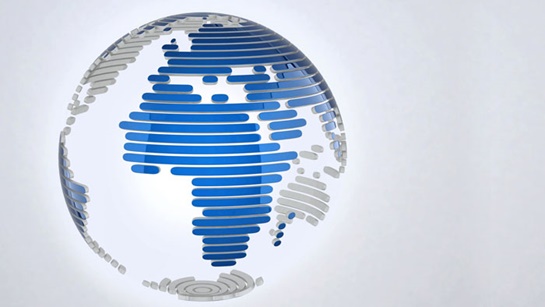Culled—Proshare
March 8, 2019/FDC
Nigeria’s headline inflation is expected to increase marginally by 0.03% to 11.4% in February, thus, reversing the downward trend recorded in the previous month. In the last three years, the PMI level in February was higher than in January. This is because of seasonality and a pick-up in activity after Christmas. However, in 2019, we have noticed a decline in the PMI which suggests an aberration in the trend due to elections and political activities.

Our projections also point to an increase in the month-on-month inflation (which is more reflective of current prices). The index is expected to inch up to 0.81% (10.15% annualized) from 0.74% (9.19% annualized) in January. There was a noticeable shift in consumer behavior in anticipation of elections and in reaction to the postponement.

The fundamental factors that determine the price level have remained relatively stable. These include:
- Money supply (M2): Money supply growth was constrained by lower FAAC disbursements. In addition, the CBN increased its sale of OMO bills and stabilization securities and these led to a decline in the average opening position of banks. Tight liquidity in the money market will help to reduce demand pull inflation.
- Exchange rate: The exchange rate was relatively stable across all market segments in February. It traded within a tight band of N360/$ – N363/$, as a result of the CBN’s customary forex interventionist strategy. Nigeria is a highly import dependent economy with a marginal propensity to import (MPI) of 70%. Hence, the stability of the naira would help to reduce imported inflation.
- Price of diesel & cost of alternative source of energy: The retail price of diesel in Lagos remained flat within the range of N235 – N245 per liter. Similarly, the price of petrol was flat at N145 per liter. This could be attributed to reduced demand as a result of an improvement in power supply. Average power output in February was 4.96% higher at 4,148mw/h. The stability in energy prices is expected to have a positive impact on logistics and distribution costs.
Possible revision of projections by analysts
There have been projections of a sharp increase in inflation by analysts. This was premised on the minimum wage implementation and elections. The delay in the minimum wage implementation has reduced the build -up in inflationary pressures, thus, signifying a possible revision of the inflation forecasts.
Sub-Saharan Africa
Three of the Sub-Saharan Africa (SSA) countries under our review have released their February inflation numbers. While Uganda recorded an increase, Kenya and Zambia posted a decline. Meanwhile, Angola, South Africa and Ghana who are yet to release their inflation data recorded declines in January.
Most of the SSA countries under our review left their monetary policy rate unchanged at their first meeting in 2019.

Concluding Thoughts
The MPC meeting will hold on March 25/26. If our projections are accurate, we do not anticipate a change in the policy response as a result of the marginal increase in the inflation level. The Central bank is likely to be unperturbed by the marginal change in the price level at this time.














